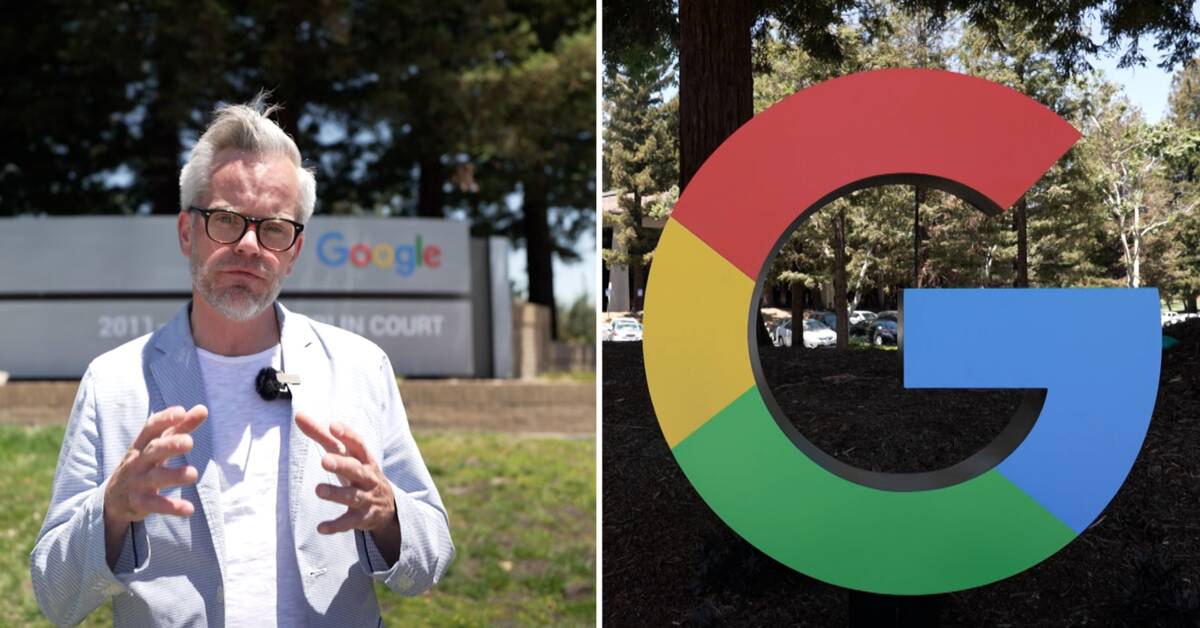- It is not fair access to the market.
If you are a company on the rise, success should depend on whether you have a good idea, not on other giant companies that can decide who will be successful, says Margrethe Vestager, EU Commissioner for Competition.
Other parts of the world are now inspired by the EU.
In the US Congress, there is support across party lines to prevent companies like Amazon from giving advantage to their own products over other people's goods sold on their site.
An important part of the DMA, the Digital Markets Act, which the European Parliament now agrees on.
- It is not only the Americans who think like us, it also happens in Australia, Japan, South Korea and Canada, says Vestager.
The other leg of the team package focuses on social media.
The DSA, Digital Services Act, regulates the obligations of large platforms to remove illegal content and the rights of users regarding deleted posts or suspended accounts.
DSA also gives authorities a greater right to review tech companies' algorithms.
A crisis management mechanism was written at the last minute after Russia's invasion, a vaguely worded clause stating that large platforms must "take measures to respect fundamental rights".
In practice, this has meant, among other things, that the EU has called on tech companies to remove RT and Sputnik from their platforms.
Google: "I intend to stay as long as possible"
It was heard directly by the major platforms.
- It was mostly an implementation of the policy we already had, answers Kent Walker, General Counsel at Google and responsible for policy issues at the highest level in the parent company Alphabet.
Facebook and Google have been thrown out of Russia but Google's services are still available and Youtube is popular in the country.
- Our job is to ensure that Youtube can offer as varied sources as possible, and we intend to stay online there for as long as we can, says Walker.

